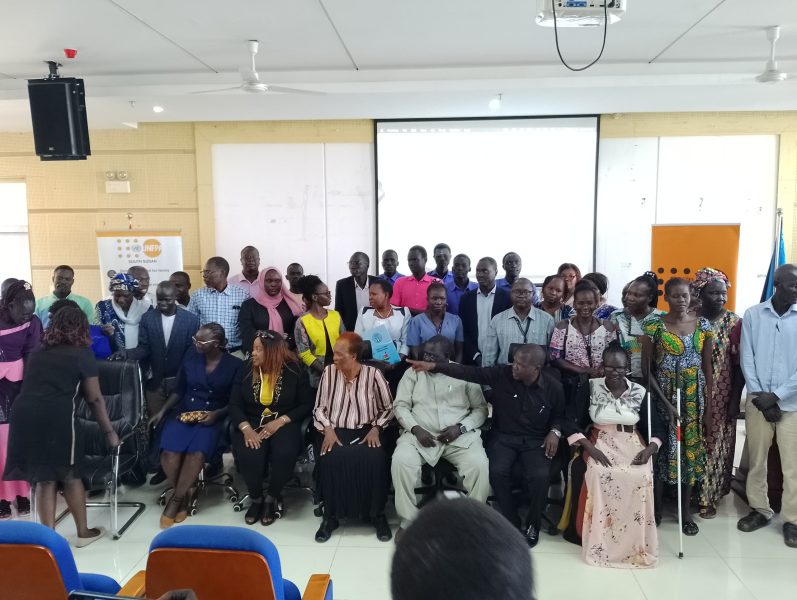
South Sudan has reaffirmed its commitment to eliminating obstetric fistula by 2030 during the International Day to End Obstetric Fistula celebration held Friday at Juba Teaching Hospital.
The commemoration, organized under the theme “A Renewed Commitment to Ending Fistula in South Sudan by 2030,” brought together representatives from the Ministry of Health, UNFPA, development partners, and civil society.
The event underscored urgent calls for equitable maternal healthcare and concerted action against a condition that continues to inflict pain, stigma, and isolation on thousands of women.
Obstetric fistula, typically caused by prolonged, obstructed labor without timely medical intervention, results in incontinence, chronic infections, social ostracization, and psychological trauma.
Despite being almost entirely preventable, the condition remains a stark indicator of weak maternal health systems in developing countries.
“While our focus today is on fistula, obstructed labor also leads to other severe complications,” said Dr. Gillian Butts-Garnett, UNFPA Midwifery Specialist. “Many women lose their babies or suffer lifelong conditions such as cerebral palsy or paralysis. This highlights the urgent need to strengthen our reproductive and maternal health services.”
The event also recognized the Kingdom of Norway for its leadership in promoting sexual and reproductive health and rights (SRHR) in South Sudan. Ambassador Roar Haugsdal, along with Joyce Tata Diko from the Royal Norwegian Embassy, reiterated Norway’s enduring commitment to inclusive and sustainable healthcare.
“Norway remains politically and financially committed to advancing SRHR, with a strong focus on vulnerable girls, youth, and marginalized communities,” Haugsdal stated.
He announced that Norway has pledged an additional USD 3.6 million to UNFPA South Sudan as part of its 2024 campaign against gender-based violence. Of that amount, USD 2.2 million will specifically support obstetric fistula prevention and treatment efforts.
“This funding will help ensure women receive care with dignity,” Haugsdal said. “SRHR remains central to Norway’s global development agenda.”
South Sudanese leaders at the event, including Dr. Yusuf Deng, Anthony Lupai, and Reverend Janet Michael, emphasized that eradicating child marriage is fundamental to ending obstetric fistula.
“Ending fistula begins with ending child marriage,” Reverend Michael noted. “We must protect our girls, keep them in school, and ensure their access to quality healthcare.”
Norway’s broader support also includes initiatives to prevent early pregnancies, expand contraceptive access, and revitalize the National Taskforce on Fistula Management.
The message echoed throughout the gathering was clear: no woman should suffer from a condition that is preventable, and no woman should be denied the right to a life of dignity and hope.

